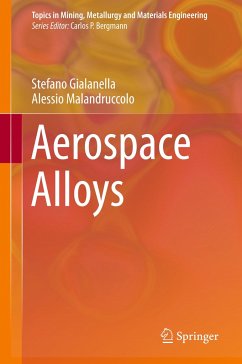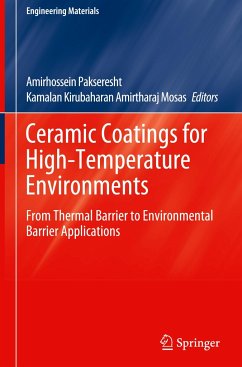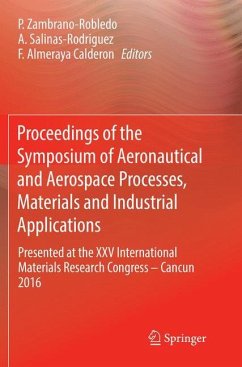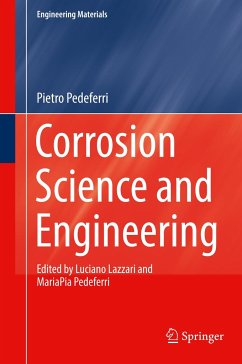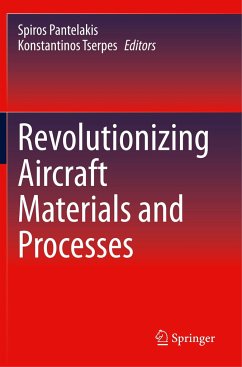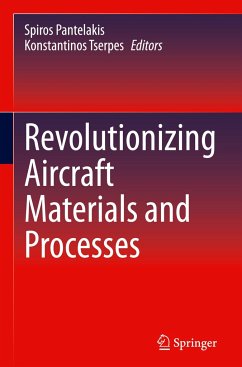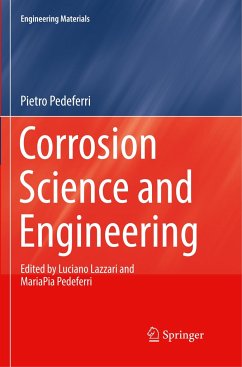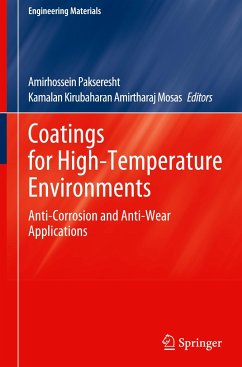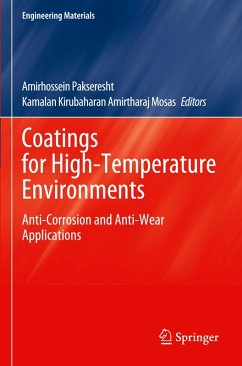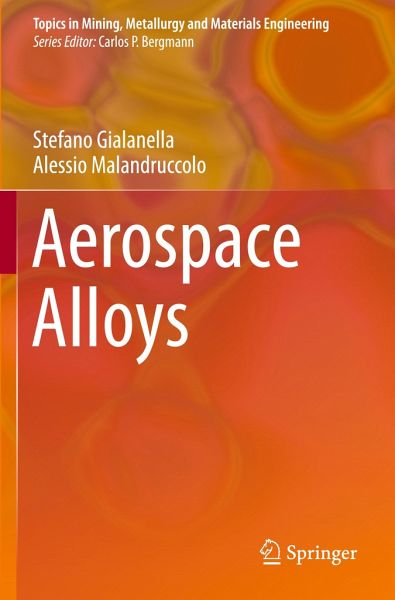
Aerospace Alloys
Versandkostenfrei!
Versandfertig in 6-10 Tagen
87,99 €
inkl. MwSt.
Weitere Ausgaben:

PAYBACK Punkte
44 °P sammeln!
This book presents an up-to-date overview on the main classes of metallic materials currently used in aeronautical structures and propulsion engines and discusses other materials of potential interest for structural aerospace applications. The coverage encompasses light alloys such as aluminum-, magnesium-, and titanium-based alloys, including titanium aluminides; steels; superalloys; oxide dispersion strengthened alloys; refractory alloys; and related systems such as laminate composites. In each chapter, materials properties and relevant technological aspects, including processing, are presen...
This book presents an up-to-date overview on the main classes of metallic materials currently used in aeronautical structures and propulsion engines and discusses other materials of potential interest for structural aerospace applications. The coverage encompasses light alloys such as aluminum-, magnesium-, and titanium-based alloys, including titanium aluminides; steels; superalloys; oxide dispersion strengthened alloys; refractory alloys; and related systems such as laminate composites. In each chapter, materials properties and relevant technological aspects, including processing, are presented. Individual chapters focus on coatings for gas turbine engines and hot corrosion of alloys and coatings. Readers will also find consideration of applications in aerospace-related fields. The book takes full account of the impact of energy saving and environmental issues on materials development, reflecting the major shifts that have occurred in the motivations guiding research effortsinto the development of new materials systems. Aerospace Alloys will be a valuable reference for graduate students on materials science and engineering courses and will also provide useful information for engineers working in the aerospace, metallurgical, and energy production industries.



